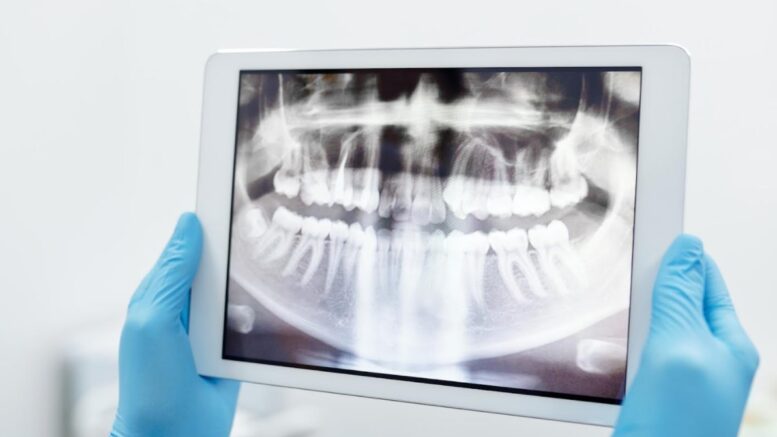Tooth decay is a common dental problem affecting people of every age, from infants to the elderly. Generally, anyone can get tooth decay if they don’t follow preventive measures enough.
What is tooth decay? The outermost layer of the tooth is called Enamel. It’s the most rigid and strongest tissue in the body even stronger than bone.
However, the enamel of the tooth can get worn down over time which can lead to tooth decay.
How Tooth Decay Occurs?
People with poor dental hygiene have a high risk of developing dental decay.
You must have noticed and felt a whitish sticky layer build up on your teeth after eating something. This coating is called plaque and it can build up if you don’t brush your teeth properly. Dental plaque consists mainly of saliva and oral bacteria. Plaque with millions and millions of bacteria constantly accumulates around your teeth and gum. Moreover, when food debris also gets lodged in the plaque, it’s a party for the bacteria!
When we consume food or beverages containing sugars, the bacteria in dental plaque convert those sugars into acids. Acids attack minerals in tooth enamel and break it down. The stickiness of the plaque favours these acids to attach to the tooth for a long time until we remove it by brushing, and over time, the bacteria demineralise the enamel and can destroy it. This is when cavities can form.
So the primary causative agent for dental decay is sugary or acidic food and beverages — accumulation of plaque for prolonged periods increases the risk of developing tooth cavities. Therefore, it’s essential to remove plaque from your teeth and achieve good dental hygiene. Dental professionals like Sherwood Park Dental Practice recommend to use an electric toothbrush over a manual one as studies have shown they are more effective at removing plaque.
How to prevent tooth decay?
Maintaining proper dental hygiene is a must to prevent tooth decay. So,
- Brush your teeth twice a day with an electric toothbrush using fluoride toothpaste for a good two minutes.
- Clean between your teeth and around gum margins daily with a floss or an interdental cleaner.
- It’s better if you can rinse your mouth with a mouthwash prescribed by a dental professional.
- Eat nutritious and balanced meals. Limit snacking in between main meals. Reduce the intake of sugar, starchy and sticky food. You have to reduce the amount and frequency of consuming sugar during the day. Sugar free alternatives are considered to be better so you can add non-sugar sweeteners like Stevia, Xylitol, Erythritol, and Yacon syrup to your meals instead of regular sugar.
- Talk to a dental professional about preventive methods like supplemental fluoride such as fluoride varnish, fluoride gel and dental sealants to protect your teeth from decay.
- Visit a dental professional regularly for oral examinations and cleanings to improve your dental hygiene.
Dental treatment can be costly, so keeping on top of your dental hygiene is very important. Reducing the amount of sugary food and drink you consume can be one of the biggest factors in reducing tooth decay and maintaining good dental hygiene.
